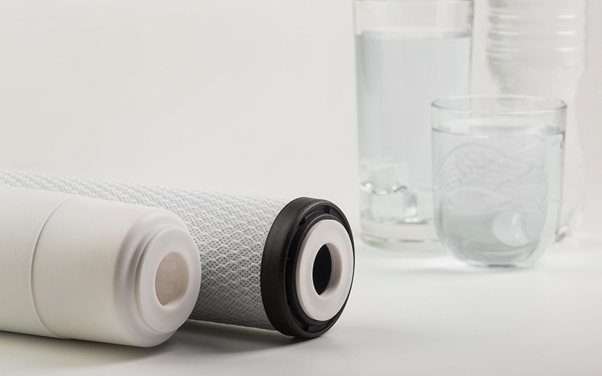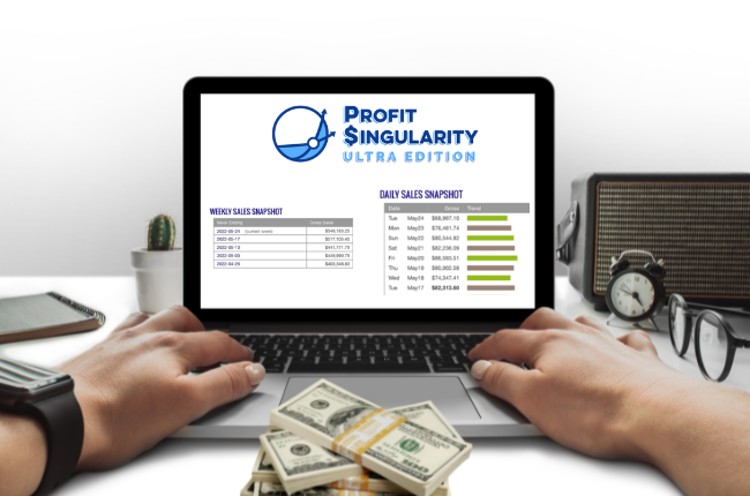Access to clean and safe drinking water remains essential in Singapore’s urban environment. Even with treated municipal supplies, residual contaminants may remain in household water systems. Using a 3M water filter in Singapore adds a critical layer of protection. These filtration systems remove unwanted particles, reduce chlorine levels, and minimise chemical presence, making water safer for consumption.
Singapore households and facilities increasingly install these systems to address specific water quality concerns. Whether it’s chlorine taste, sediment buildup, or microscopic contaminants, having a water filtration system helps enhance peace of mind and health outcomes.
Targeting Common Contaminants in Singapore’s Tap Water
Singapore’s national water supply undergoes rigorous treatment, but trace elements such as chlorine, sediment, rust, and chemical by-products can still appear at the tap. Plumbing conditions and ageing infrastructure introduce additional risks. A 3M water filter in Singapore tackles these variables by using multi-layer filtration designed to target specific issues.
Each filter cartridge typically includes activated carbon, which absorbs chlorine and organic chemicals, while mechanical layers trap fine particles like silt and rust. Some models also include advanced membranes to filter out bacteria and cysts. These layers work together to produce clearer, cleaner water from any outlet.
Households report immediate differences in taste and smell after installing these units. Cleaner-tasting water encourages increased hydration and reduces dependency on bottled alternatives. Maintenance is straightforward—most cartridges require replacement every six to twelve months, depending on usage and model. This ease makes them suitable for homes, offices, and food businesses.
Role of Water Testing Equipment in Verifying Filter Performance
Filtration alone does not confirm water safety. Regular use of water testing equipment provides verification of filter effectiveness. By analysing water before and after filtration, users can monitor key indicators such as chlorine levels, turbidity, pH, total dissolved solids (TDS), and bacterial presence.
In Singapore, water testing tools include portable digital meters, reagent kits, and laboratory-grade sensors. These allow users to evaluate parameters in real time. For instance, if high TDS values remain unchanged after installation, this could indicate filter saturation or a mismatch between filter capability and water profile.
Using these tools supports proactive filter maintenance. Testing helps detect early signs of filter degradation, ensuring users replace cartridges before contamination returns. Facilities such as childcare centres, clinics, and restaurants especially benefit from this added layer of accountability.
Routine testing also supports regulatory compliance for commercial facilities. Testing schedules demonstrate commitment to hygiene and support customer assurance.
Supporting Sustainable Practices with Filtration Systems
Aside from safety, adopting a 3M water filter in Singapore contributes to sustainability. Reducing bottled water consumption lessens plastic waste and cuts down on logistics-related carbon emissions. Over time, filter installation proves more cost-effective than relying on single-use bottled alternatives.
Users also gain control over water usage quality without depending on external providers. Whether during supply disruptions or post-renovation flush-outs, having a point-of-use filtration system helps ensure reliable access to clean water.
These filters function efficiently with minimal power usage, integrating smoothly into under-sink or wall-mounted installations. Their compact design makes them suitable for HDB flats, condominiums, or small office setups. System components, such as housings and cartridges, follow industry-grade safety standards, reducing the risk of contamination reintroduction.
Combined with water testing equipment, these systems give users clarity over what enters their bodies and equipment. In commercial kitchens, improved water quality also extends the lifespan of appliances, reducing scaling and corrosion in dishwashers and coffee machines.
Choosing the Right Setup for Local Needs
Not all households or businesses face the same water concerns. Some encounter higher chlorine levels, while others deal with sediment-heavy pipelines. Selecting the right 3M water filter model depends on knowing the existing water profile. Testing initial samples with water testing equipment clarifies these needs.
Entry-level models usually handle basic sediment and chlorine filtration. Advanced systems offer protection against microbial contamination, ideal for vulnerable environments. Capacity, flow rate, and cartridge lifespan also influence purchasing decisions.
Users must also account for installation conditions. Space availability, pressure requirements, and sink configurations all affect final placement. Professional advice helps match users with appropriate solutions while ensuring compliance with safety standards.
Pairing the chosen filter with routine monitoring strengthens long-term reliability. Combining filtration with testing confirms that water meets expected quality benchmarks and provides reassurance with every use.
Conclusion: Choose Verified Clean Water Today
Clean drinking water supports health, comfort, and sustainability. Investing in a 3M water filter in Singapore and verifying its performance using water testing equipment ensures every drop meets expected standards. These solutions work together to deliver peace of mind in homes, clinics, restaurants, and offices.
Contact Ansac Technology to learn more about water testing equipment and filtration solutions that match your needs in Singapore.




